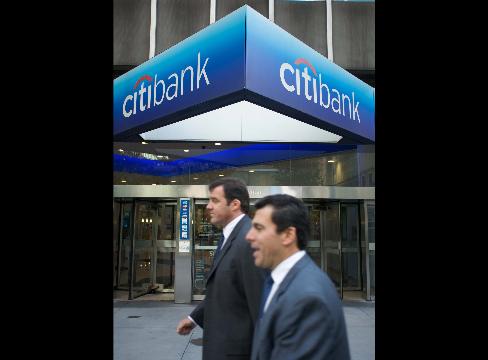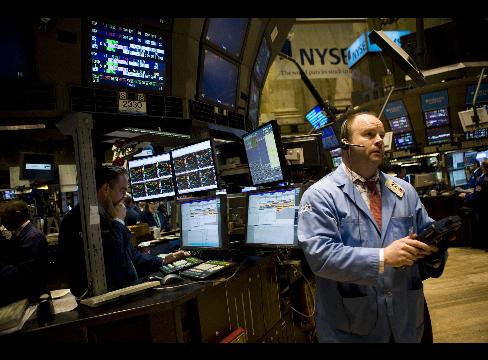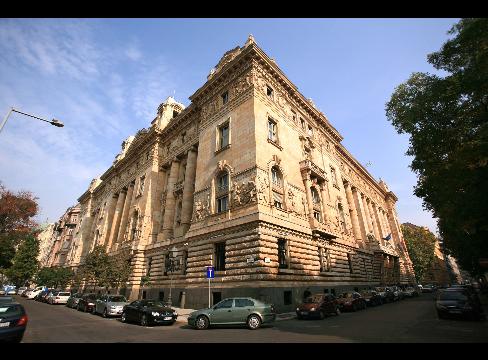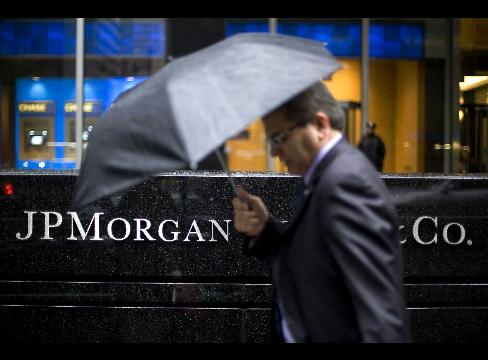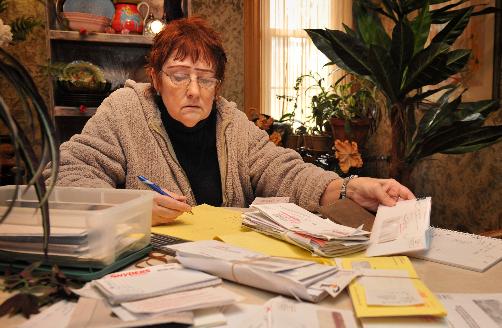Bush was probably equally shocked when he found out that invading other countries causes US soldiers to die.
The Fed under Greenspan and Bernanke has caused this mess in the first place.
Ron Paul warned years ago of exactly this financial crisis.
Now the dollar looks good again – and many say all points to deflation, which is a ‘understandable’ misunderstanding – but very soon you will see hyperinflation and the total destruction of the dollar and the US economy. The US are broke and the US will ‘fail’ in the not too distant future – but there will be no bailout.
And like magic – like the Fed creates dollars out of thin air – there will come forward a new ‘post dollar’ currency. Everything is already set up for that.
_________________________________________________________________________________
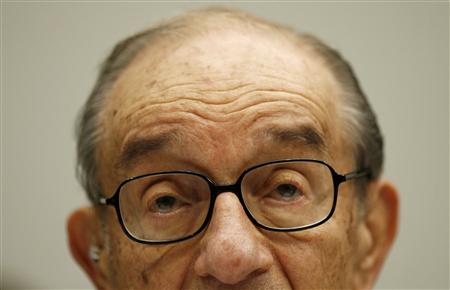
Former Chairman of the Federal Reserve Alan Greenspan testifies before the House Oversight and Government Reform Committee on Capitol Hill in Washington October 23, 2008. REUTERS/Kevin Lamarque
WASHINGTON (Reuters) – Former Federal Reserve Chairman Alan Greenspan told Congress on Thursday he is “shocked” at the breakdown in U.S. credit markets and said he was “partially” wrong to resist regulation of some securities.
Despite concerns he had in 2005 that risks were being underestimated by investors, “this crisis, however, has turned out to be much broader than anything I could have imagined,” Greenspan said in remarks prepared for delivery to the House of Representatives Committee on Oversight and Government Reform.
“Those of us who have looked to the self-interest of lending institutions to protect shareholder’s equity — myself especially — are in a state of shocked disbelief,” said Greenspan, who stepped down from the Fed in 2006.
With a general election looming November 4, U.S. lawmakers were sharply divided along political lines in either blaming regulators or bickering for failure to prevent the crisis that has gripped financial markets around the world.
“The reasons why we set up your agencies and gave you budget authority to hire people is so you can see problems developing before they become a crisis,” Committee Chairman Henry Waxman, a California Democrat, told a panel that included Securities and Exchange Commission Chairman Christopher Cox and former U.S. Treasury Secretary John Snow.
“To say you just didn’t see it, that just doesn’t satisfy me,” Waxman said.
Read moreGreenspan shocked at credit system breakdown



